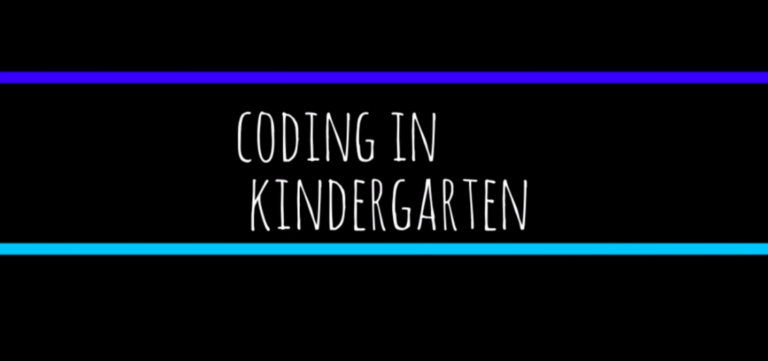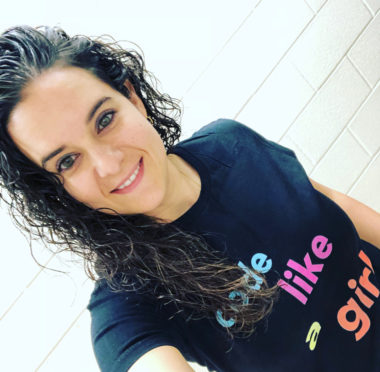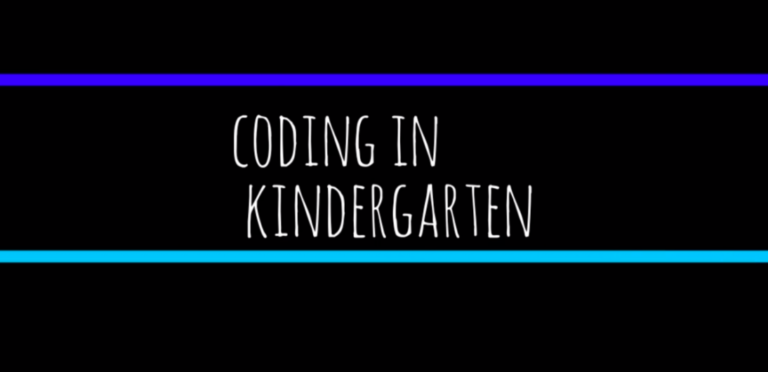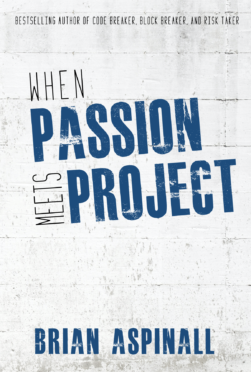
I started integrating coding and robotics into my program about four years ago after meeting a teacher at a conference who had been coding with her kindergarten students. I thought, If kinders can do this, surely I could figure it out. I had dabbled with coding in highschool and university and one of my favourite toys as a kid was our Omnibot robot. I never saw this coming full circle. I left the conference with an order of Dash and Dot robots already being shipped to my house. I taught a group of students that year that I was struggling to engage. These two little robots changed everything for them, and me.
Coding isn’t a part of our Ontario curriculum, so I had to spend some time figuring out how I was going to be able to make those program connections. I scoured the documents hoping to creatively turn old assignments into new ones with the addition of this technology in our classroom. What I discovered however was that the soft skills that coding was developing was the key to our success and engagement that year. My once disengaged group of 6-year-olds were excited about learning. They were becoming risk takers and problem-solvers. They were beginning to communicate effectively and they were persevering through challenges. All of this learning spilled over into everything we did that year.
I continued to do my own research into what else teaching coding could do for our students and was pleasantly surprised to discover the infinite connections to curriculum and how important those soft skills were for their development as learners. Brian Aspinall says, “We don’t need a generation of coders. We need a generation of digital thinkers who might use coding to solve authentic problems.” I wasn’t creating a classroom of coders, I was fostering growth mindset, creativity and perhaps most important, I was giving my students a voice.
When I moved into Kindergarten the following year, I didn’t stop. I met a lot of naysayers who insisted this technology didn’t have a place in kindergarten – they’re too young, they can’t, etc. etc. I continued to integrate coding and robotics into my program, learning more and more about how to make those curriculum connections and how to make their learning meaningful. Parent feedback was a huge motivator for me. Knowing my very young students were coming to school excited to learn, feeling engaged and proud of themselves as learners was an incredible feeling. It fueled my passion. Coding teaches computational thinking skills embedded throughout our Ontario curriculum. It gives our students the opportunity to be innovative and creative. It develops problem solving, risk taking and thinking skills our students require to be successful. But not As on a report card successful. The kind of successful that makes them life-long learners who seek out challenges, persevere and are motivated by discovery and exploration. Not only doescoding have a place in our kindergarten program, but it should have a place in our kindergarten program. Our youngest learners deserve these opportunities.

As a child and young adult, Daphne was focused on becoming an educator with purpose, to improve the lives of her students and make an impact on their educational journey. As a primary teacher for the past 14 years, she has created opportunity for children in her classroom to explore learning in innovative ways. Using robots to support children as young as kindergarten age in discovering learning through coding, she assists them in developing numeracy, literacy and computational thinking skills through creative exploration. Daphne has a passion for STEM and credits interactive technologies for offering learning experiences that encourage growth-mindset, develop problem-solving skills and build perseverance. Her experience in the classroom has proven to support even the most hesitant learners in building confidence in their abilities and engaging in the learning process.
Her forward thinking and creative experiences have been shared with colleagues through informal networking, as well as cultivated opportunities to coach and support other educators in building their own technological competency at various educational levels. Daphne is committed to supporting student success, meeting students where they are, appreciating each individual, and finding opportunity to engage and motivate students in creative, innovative ways.


 For all the kids who grow up in a small town and think they don’t stand a chance. You do. I was once that kid.
For all the kids who grow up in a small town and think they don’t stand a chance. You do. I was once that kid.